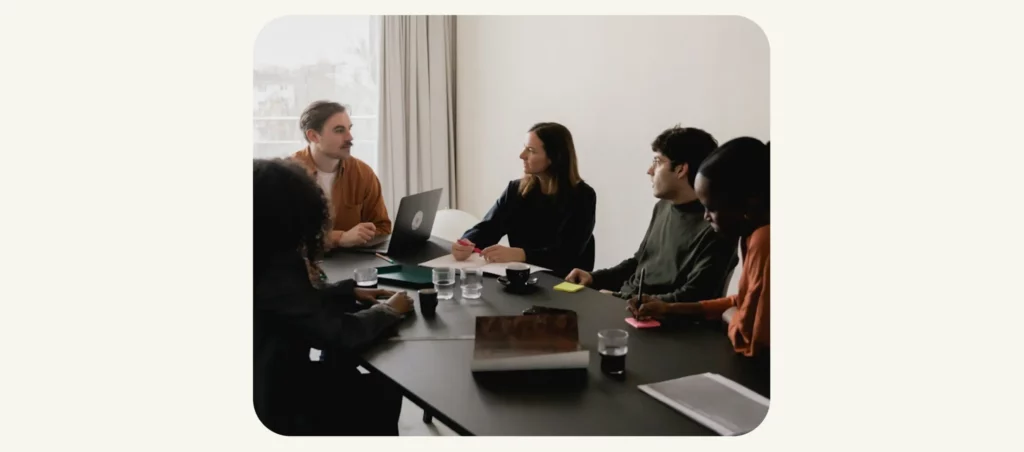
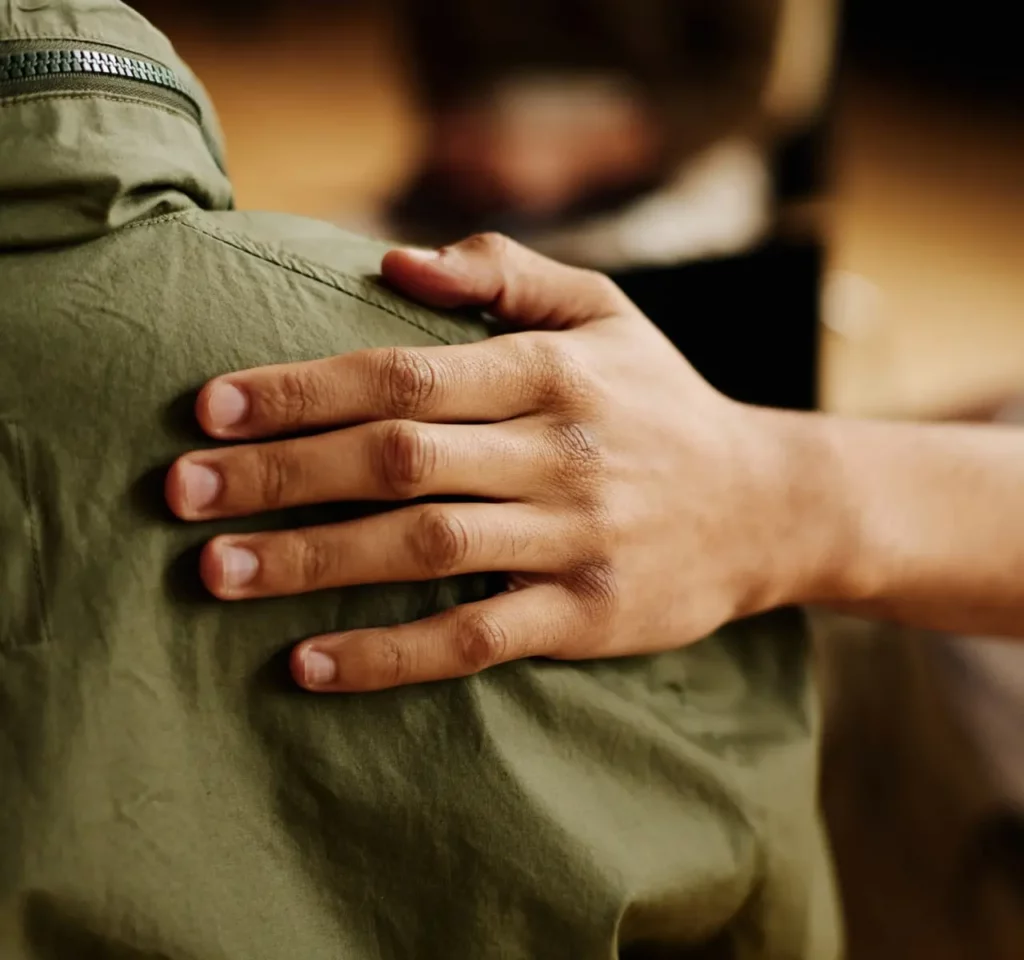
Effective, evidence-based response to critical incidents
Critical incidents, such as traumatic workplace events or the death of a team member, can have a lasting impact. Sonder’s model of care follows National Health and Medical Research Council and World Health Organisation recommendations, avoiding outdated methods like mandatory trauma counselling and debriefing. Instead, we focus on tailored, individual support and psychoeducation to foster recovery and resilience.
Critical incident management team
Sonder’s specialist team ensures a consistent and coordinated response to critical incidents. This may include in-app notifications and tailored content for affected members, ‘welfare checks’ to engage members in support pathways, or responsive in-person safety or trauma support where needed. Managers reporting incidents are kept informed (with a member’s consent), and a detailed report is provided after our support concludes.
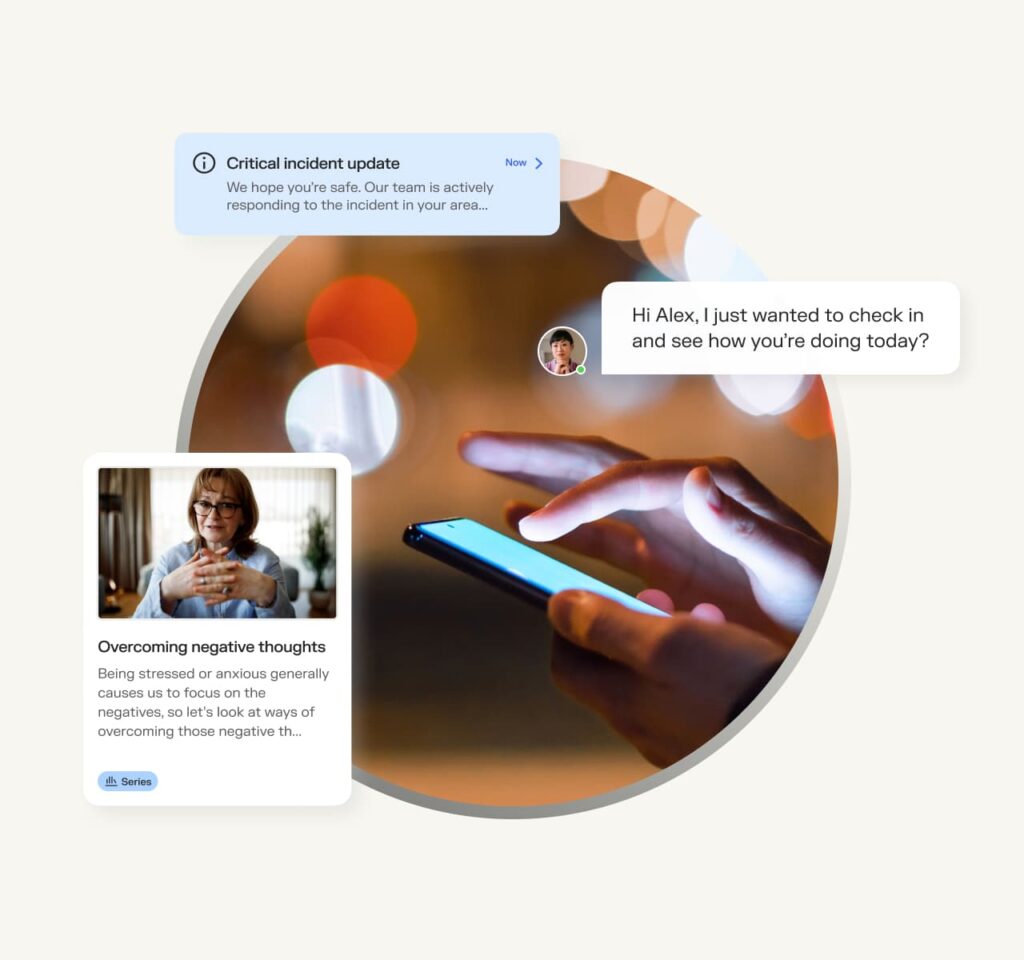
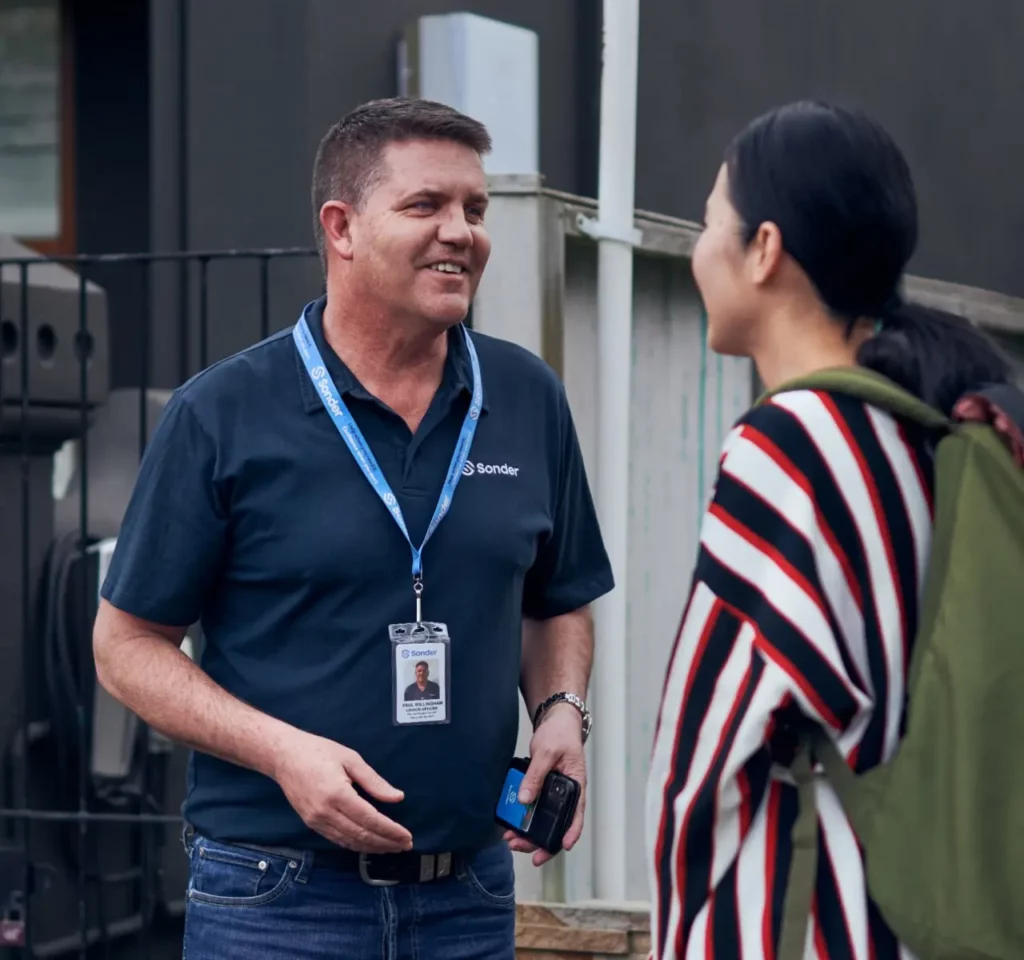
On-site trauma support
Following a critical incident, our trained Responders can provide immediate psychological first aid (PFA) on site. Responders are qualified in PFA and contextualised critical incident training, ensuring they can quickly identify and support ‘at risk’ individuals, while adhering to our clinical governance standards.
Psychoeducation for leaders
Our therapists offer evidence-based psychoeducation sessions to managers following critical incidents. These sessions build understanding of mental health conditions, symptoms, and triggers, equipping leaders with tools to prevent relapse, manage crises and support recovery and resilience.
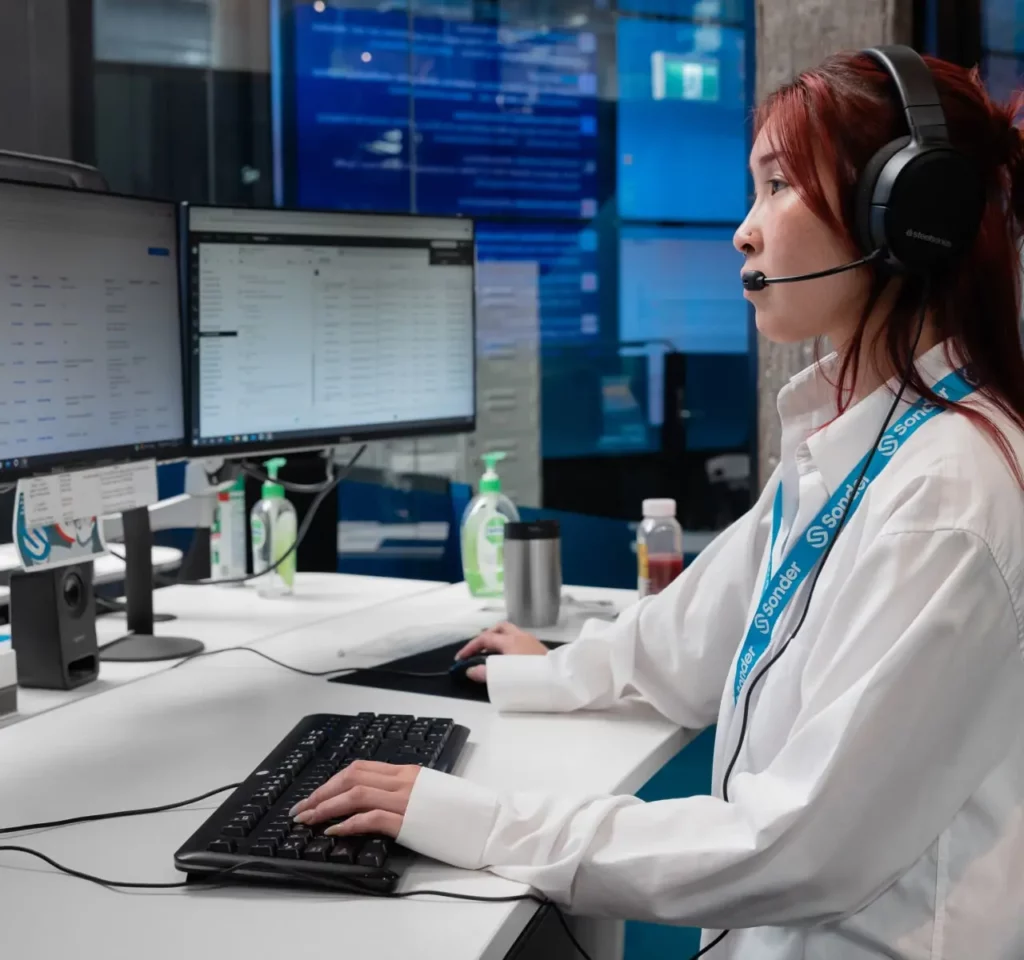
More reasons to choose Sonder
Holistic care
Comprehensive support for personal safety, mental and medical health.24/7 access
Round-the-clock assistance anytime, anywhere, when it’s needed most.Instant response
Expert support delivered in an average of just 10 seconds.High utilisation
An industry-leading 40% engagement rate drives real impact.Proactive support
Prevention-focused care that addresses issues before they escalate.Trusted accreditation
Quality care backed by ACHS certification for peace of mind.